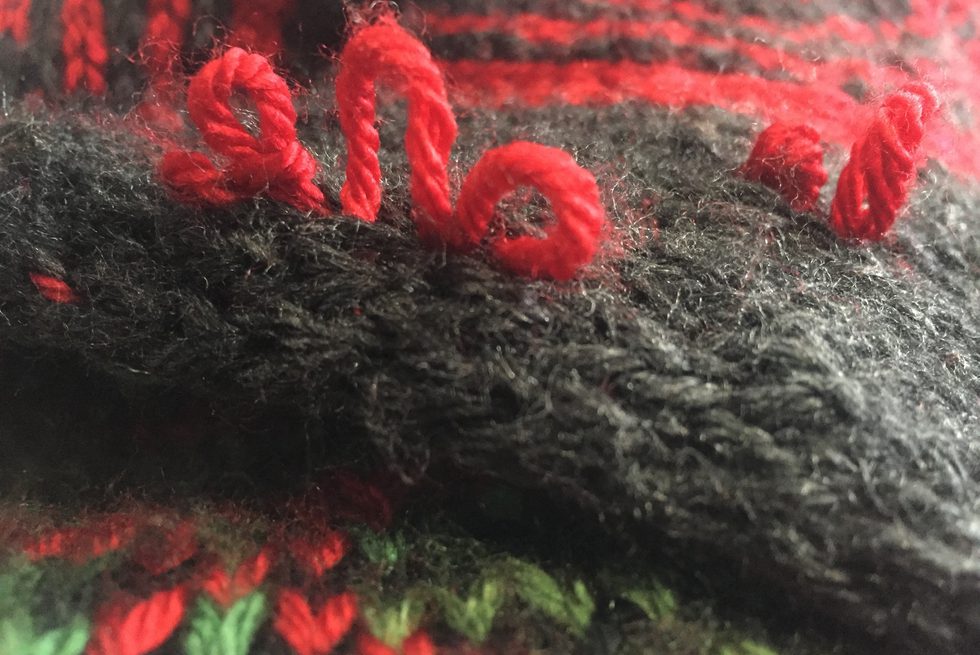
Disability offers opportunities to reconceptualize ethnographic practices and anthropological projects. Actualizing these opportunities requires allowing disability to rupture disciplinary expectations and norms, creating tensions between what ethnography and anthropology have been and what they can become. Situating disability’s rupturing potential at the fore, contributors to this collection reflect on their experiences as disabled ethnographers and as anthropologists of disability. Across their work, common concerns about consent and participation, belonging and identity, and communication and knowing refract disciplinary norms in creative ways. Dwelling with disability’s ruptures points toward paths to explore, both in the study of disability, and in the renewal of anthropology’s commitments.
Posts in This Series

Introduction: Disability as Rupture
In this Theorizing the Contemporary collection, we invite anthropologists to engage disability and to consider its ongoing presence in the discipline. In so doi... More

Counting as Care: Disability in Ethnographic Praxis
In April and May 2021, a severe COVID-19 wave swept across India. Delhi, my fieldwork home, was an epicenter of this devastating surge. This surge continues to ... More

The Lapsed Ethnographer: Toward Foggy Fieldwork
“I was so foggy last week…sorry, I forgot we were supposed to meet.” “I had brain fog so bad I kept forgetting to pay the rent. So I was evicted.” “It’s way mor... More

Mediating the Rupture of Disability? Looking at and with the Group
In 2018, I was drinking mint tea in a Moscow café with a research participant named Margarita. Margarita worked for an NGO founded by disabled people. It primar... More

Spellbound
In the March 19, 2010, edition of Public Agenda: Ghana’s Only Advocacy and Development Newspaper, Frederick Asiamah reported that staff and visitors at Nsawam G... More

Rupturing Role-Play: Ethnographic Theater and Disability
Nicole: Okay. I’m going to get into character... I’ve asked Nicole to take on the role of Barb, a fellow member of the virtual rehearsal group I’ve organized fo... More

Invitation from Disability
Although disability had deeply impacted my personal and family life, I did not expect my experiences with the vulnerability, care, and control that come with di... More

Access as Inaccess and Disability as Impingement
I have been conducting research on deafness and disability in India since 2007. My earlier work focused on the experiences of new Indian Sign Language speakers ... More

Disruption at the Center: Disability Anthropology and Black Feminist Research-Creation
When the growing unruliness of my body was diagnosed as a genetic connective tissue disorder the year after I received tenure, I released the narrative through-... More

Off Limits: When Desire for Intellectual Access is Ruptured
Salih Bey was a 60-something-year-old man with beautiful, glassy blue eyes hidden under many wrinkles and bags. His face was completely expressionless. The only... More

Rupturing “Capacity to Consent”: Toward Anti-Ableist Research Relations
The email notification arrived in Rebecca-Eli's inbox. They needed to redo their research protocol to indicate that they were working with a “vulnerable populat... More

Sensory-Rhythmic Attention as Neurodiverse Attunement: Rupturing Normative Communication and Method
Josh stood at the top of the hill, spinning. With arms held up high, his torso shifted back and forth as he moved. After a long time working with autistic child... More

The Political Problems with “Bodymind”
I used to start academic talks with a discussion of Eric, a nonverbal student at a special education facility where I conducted fieldwork. He was abnormal by U.... More